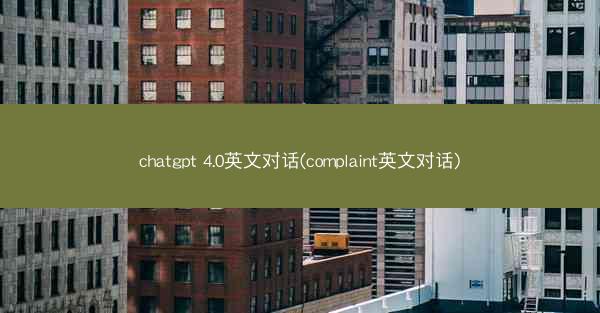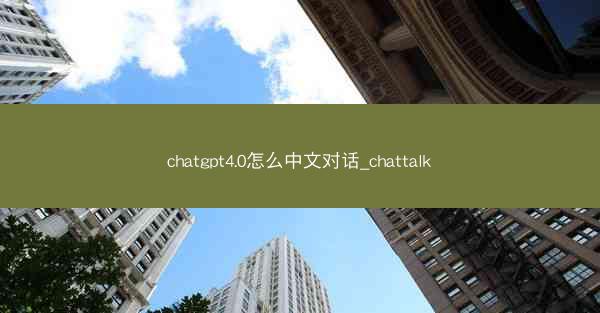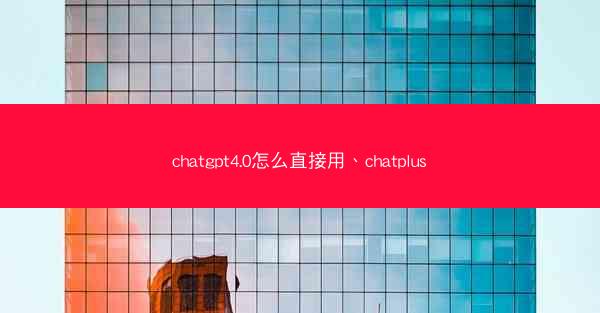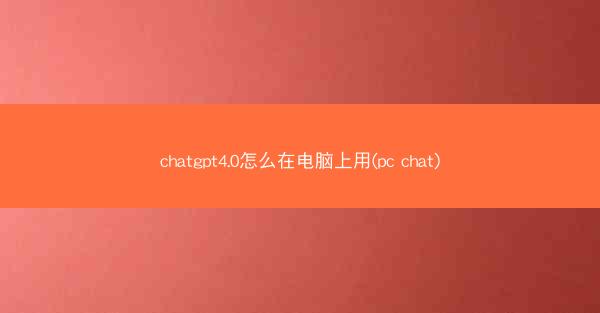
Unveiling the Enigma: The Rise of ChatGPT 4.0
In the realm of artificial intelligence, the advent of ChatGPT 4.0 has sparked a revolution that borders on the fantastical. This latest iteration of the ChatGPT series promises to be not just a mere upgrade, but a quantum leap in the capabilities of AI-driven conversational systems. As users around the globe eagerly anticipate its debut, whispers of its potential to reshape the very fabric of human-machine interaction have begun to circulate.
The Echoes of Complaints: A Premonition of Discontent
Amidst the buzz and anticipation, a curious phenomenon has emerged—a chorus of complaints. These are not the usual gripes about bugs or performance issues, but rather a collective unease about the implications of such a powerful AI in our daily lives. The complaints range from concerns about job displacement to fears of ethical breaches, painting a picture of a society on the precipice of a technological upheaval.
The Unseen Hand: The Power of ChatGPT 4.0
ChatGPT 4.0, as the latest offspring of OpenAI, boasts an intelligence that is both awe-inspiring and daunting. With the ability to understand, generate, and manipulate human language with unprecedented precision, it has the potential to automate tasks that were once the exclusive province of humans. This power, while undeniably beneficial, also raises the specter of a future where the very essence of human work is questioned.
The Albatross of Expectations: The Weight of Innovation
The high expectations placed on ChatGPT 4.0 are a double-edged sword. On one side, they fuel the excitement and curiosity of users who dream of a world where AI can solve complex problems and enhance productivity. On the other side, they create an albatross around the neck of the developers, who are under immense pressure to deliver a product that lives up to the hype.
The Unraveling Tapestry: The Social and Ethical Quagmire
The complaints about ChatGPT 4.0 are not just about the technology itself; they are a reflection of the broader social and ethical quagmire that innovation often brings. As AI systems become more advanced, questions about privacy, surveillance, and the potential for misuse loom large. The complaints serve as a wake-up call, urging society to engage in a thoughtful dialogue about the role of AI in our lives.
The Paradox of Progress: The Human Element
The development of ChatGPT 4.0 is a testament to the incredible progress made in AI research. However, it also highlights a paradox: the more advanced the technology, the more critical the human element becomes. The complaints about the potential downsides of this technology underscore the need for human oversight, regulation, and a commitment to ethical AI development.
The Future is Now: Embracing the Conversation
As the world awaits the unveiling of ChatGPT 4.0, it is clear that the conversation about AI's role in society is far from over. The complaints, while sometimes negative, are a vital part of this dialogue. They force us to confront the challenges and opportunities presented by this groundbreaking technology. It is through this conversation that we can navigate the uncharted waters of AI and ensure that its benefits are shared responsibly and ethically.
In conclusion, the complaints surrounding ChatGPT 4.0 are not just about a piece of software; they are a reflection of the profound changes AI is bringing to our world. As we stand on the brink of this new era, it is essential that we engage with these complaints, learn from them, and use them as a catalyst for a future where AI and humanity coexist harmoniously.










